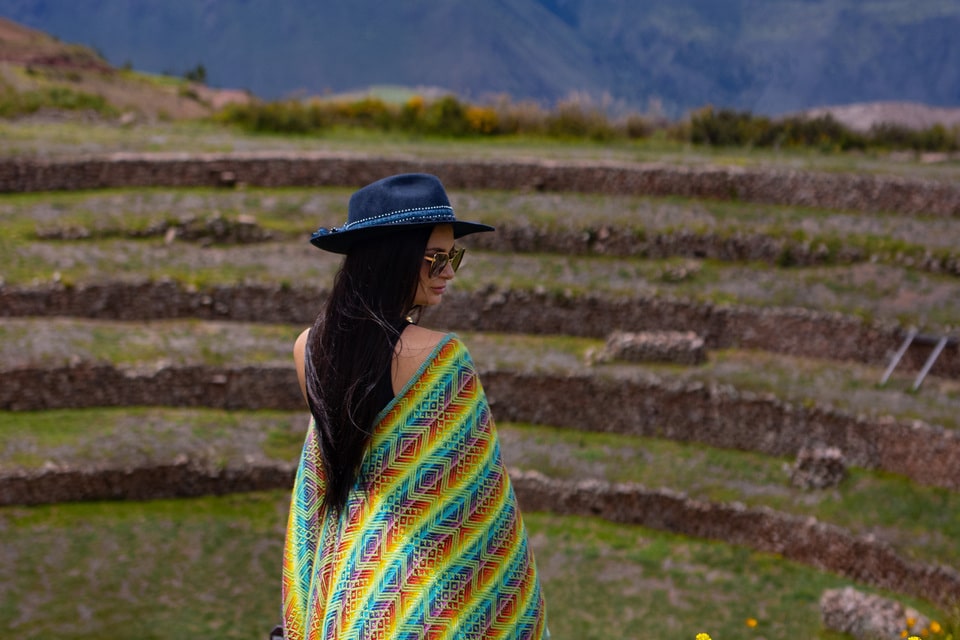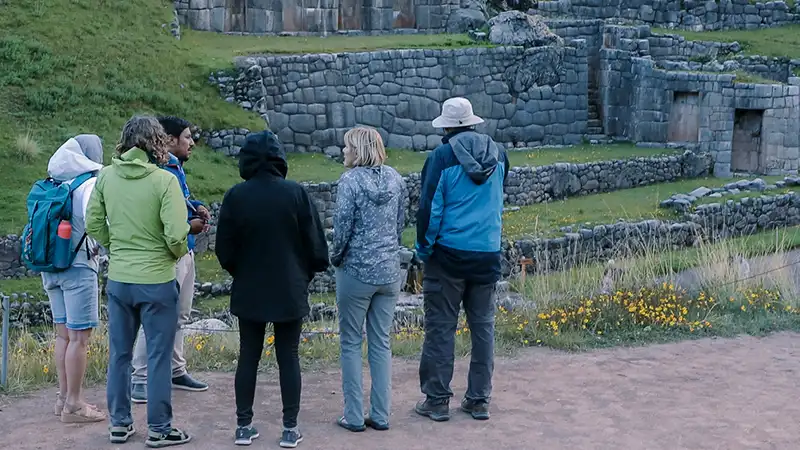The circular terraces of Moray are an archaeological site located in the Sacred Valley of the Incas, near Cusco in modern-day Peru. Moray is an impressive example of Inca agricultural innovation and engineering, consisting of a series of concentric circular terraces carved into a natural depression in the landscape. The site covers an area of approximately 5 acres and descends to a depth of about 150 meters (492 feet).

The terraces are constructed with retaining walls made of stone and filled with fertile soil. Each level of the terraces is connected to the others by a complex irrigation system. The unique design of the terraces creates microclimates, with temperature differences of up to 15°C (27°F) between the top and bottom levels. This has led researchers to believe that Moray functioned as an agricultural laboratory, where the Incas experimented with different crops at various altitudes and temperatures to optimize their cultivation.
The Incas were known for their advanced agricultural techniques and ability to adapt to different environments. Moray's circular terraces exemplify their engineering skill and understanding of the relationship between climate and agriculture. The site offers valuable insights into the Inca civilization's agricultural practices and technological innovations.
Today, the circular terraces of Moray are a popular tourist destination and an important archaeological site that showcases the Inca's ingenuity and prowess in agriculture and engineering.


